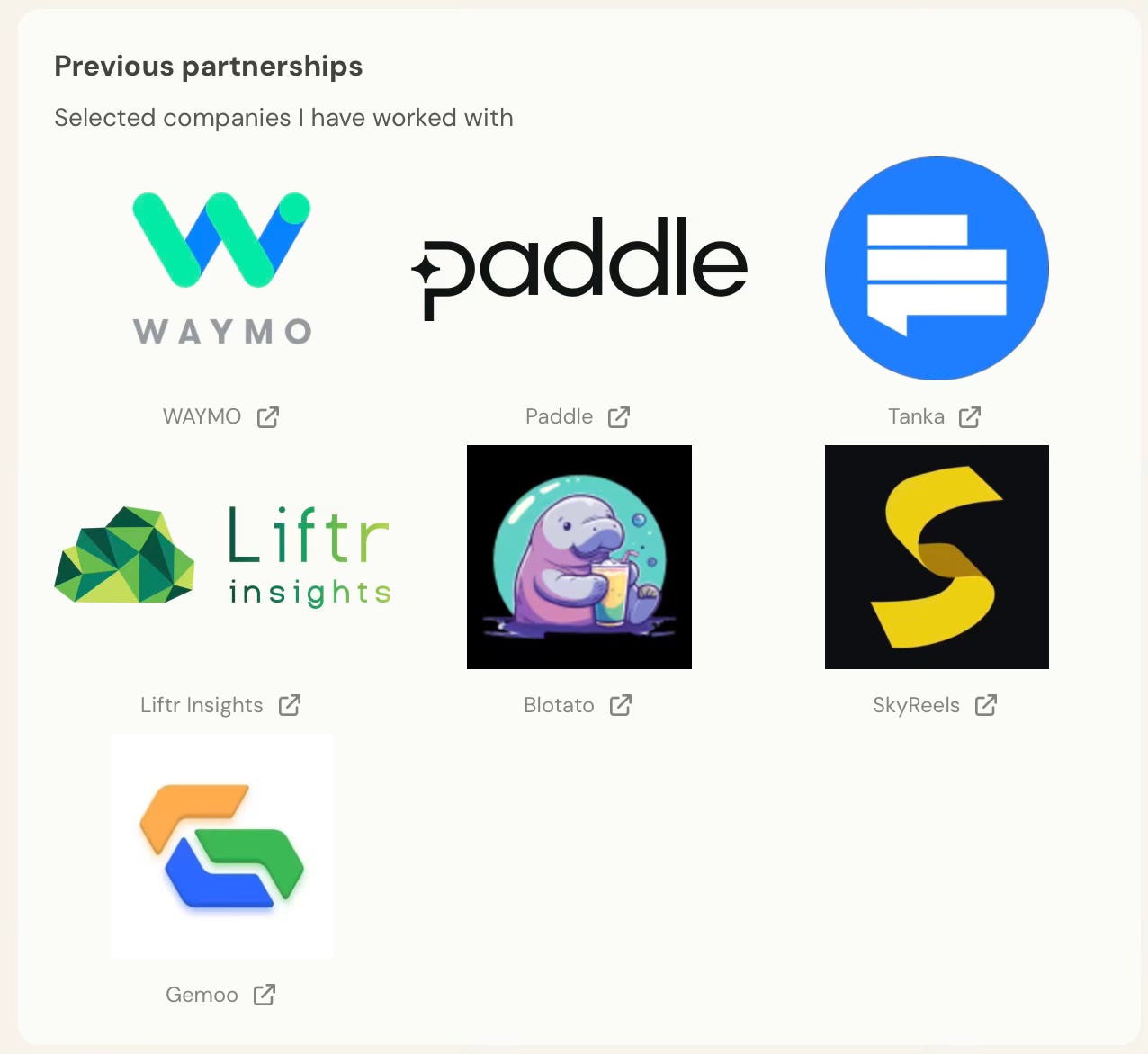AI Remembers Too Much, Meta Goes Shopping & Your Robot Just Got Smarter 🧠💰🦾
Would you like to be featured in our newsletter🔥 and get noticed, QUICKLY 🚀? Simply reply to this email or send an email to editor@aibuzz.news, and we can take it from there.
⭐⭐⭐⭐⭐⭐⭐⭐⭐⭐⭐⭐⭐⭐⭐⭐⭐⭐⭐⭐⭐⭐⭐⭐⭐⭐⭐⭐⭐⭐⭐⭐⭐
Would you like to be featured in our newsletter🔥 and get noticed, QUICKLY 🚀? Simply reply to this email or send an email to editor@aibuzz.news, and we can take it from there.
⭐⭐⭐⭐⭐⭐⭐⭐⭐⭐⭐⭐⭐⭐⭐⭐⭐⭐⭐⭐⭐⭐⭐⭐⭐⭐⭐⭐⭐⭐⭐⭐⭐Hey AI enthusiasts! 👋 This week's edition is packed with jaw-dropping revelations about AI models that can't forget Harry Potter 📚, Meta's multi-billion dollar shopping spree for AI talent 💸, and Google DeepMind's game-changing on-device robotics that work without WiFi! 🤯 Let's dive into the future that's happening RIGHT NOW! ⚡
When AI Forgets to Forget: The Trouble with Llama 3's Memorization Habit
Researchers from Stanford, Cornell, and West Virginia University have uncovered a shocking discovery: Meta's Llama 3.1 70B model can regurgitate nearly half of the first Harry Potter book verbatim! This groundbreaking study from May 2025 reveals that the model memorized 42% of "Harry Potter and the Sorcerer's Stone" in reproducible chunks—a tenfold increase from its predecessor. The research, which developed a novel entity-level memorization quantification method, found that popular books like "The Hobbit" and "1984" also showed high memorization rates, while obscure titles remained largely unmemorized. This discovery reignites the AI copyright debate, challenging the "just learning patterns" defense and potentially reshaping legal frameworks around AI training data, with significant implications for both open-weight and closed AI models.
Behind Meta's AI Power Moves: Racing Rivals, Talent Wars, and Almost-Bought Startups
Meta's aggressive AI acquisition strategy reached new heights in 2025 with a staggering $14.3 billion investment in Scale AI, securing a 49% stake and bringing CEO Alexandr Wang directly into Meta's AI efforts. Before this mega-deal, Meta quietly approached video generation pioneer Runway AI, though legal and competitive concerns ultimately derailed the acquisition. The company's talent hunt has been equally bold, successfully recruiting AI luminaries Daniel Gross (former Safe Superintelligence CEO) and Nat Friedman (ex-GitHub chief) to their team. These strategic moves have sent ripples throughout Silicon Valley, sparking a frenzy of defensive measures from competitors and driving up startup valuations across the board. Meta's acquisition spree signals a new era in the AI arms race, where buying talent and technology trumps building from scratch.
Hands-On, Minds-On: My Unfiltered Take on Google DeepMind's Gemini Robotics On-Device Revolution
Google DeepMind's revolutionary Gemini Robotics On-Device model, announced June 24, 2025, marks a paradigm shift in AI robotics by eliminating cloud dependencies and enabling instant, resilient robotic actions. Built on Gemini 2.0's foundation, this VLA (vision language action) model demonstrates remarkable dexterous manipulation capabilities—from folding clothes to pouring salad dressing—while operating entirely on-device. The platform's SDK allows developers to fine-tune models with just 50-100 demonstration tasks and includes a MuJoCo physics simulator for safe testing. Already adapted to work seamlessly with different robot platforms like Franka FR3 and Apptronik's Apollo humanoid, the system emphasizes safety through semantic benchmarks and the ReDI team's oversight. With a trusted tester program launching the same day, DeepMind is democratizing advanced robotics, making sophisticated AI capabilities accessible to researchers, developers, and even hobbyists without requiring constant internet connectivity.



